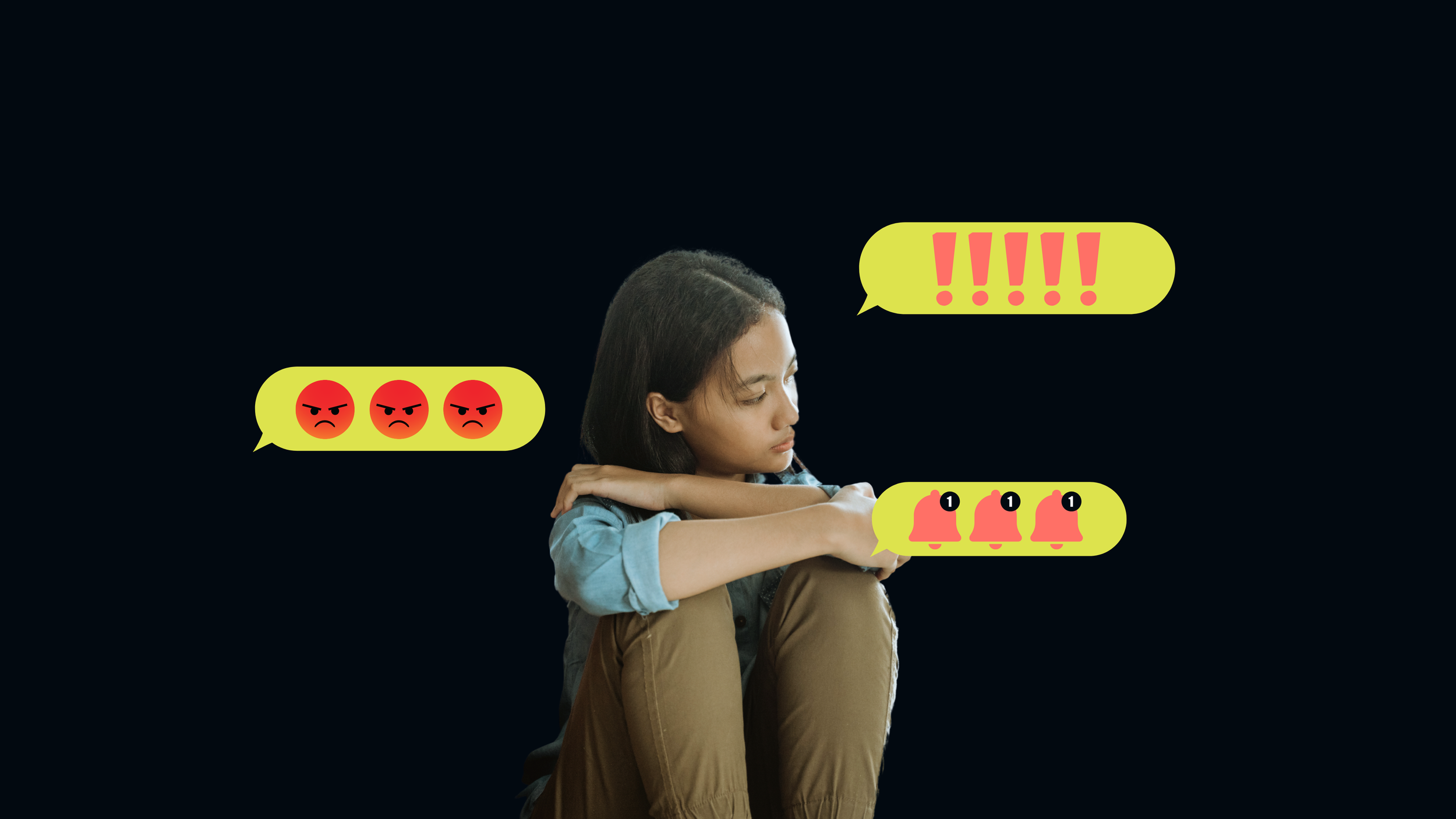What Is Victim-Blaming and How Does It Harm Kids?
Victim-blaming is one of the biggest deterrents to a child getting help during online sex abuse. It’s so common in our society that the mindset has likely affected how your kid views people who experience crimes. Here is some helpful information to help you identify victim-blaming in your own life, learn to address it, and prevent your child from experiencing it.
What Is Victim-Blaming?
Victim-blaming describes when someone puts all or some of the responsibility for what happened to the survivor of a crime onto their actions. In the context of online sex abuse, someone might use one of the following sentences to victim-blame a child.
If you hadn’t posted that swimsuit pic, this wouldn’t have happened to you
You sent an explicit photo to that perpetrator, so it’s your fault for being abused
You knew better than to respond to someone you didn’t know online
Adopting a mindset like this around victimhood not only harms survivors, but it is blatantly untrue. No matter what someone has done, they are not at fault for being the victim of a crime.
One analogy you may see about this is about someone whose purse is stolen. After the bag is grabbed off of their shoulder, nobody would rationally say, “Well, you shouldn’t have been flaunting the purse like that” or “You carried money around, so you were asking to get robbed” or even “You tried to hand over your money when they were robbing you, so you were complicit in the crime.” Instead, we all know that the person experiencing that situation has not done anything wrong.
This is even more true when it comes to a child experiencing a crime at the hands of an adult. A child is never responsible for an adult’s abusive actions.
How Can Victim-Blaming Harm Kids?
Societally, victim-blaming is often widely accepted. Unfortunately, this cultural mindset can really harm children who are experiencing or have experienced sex abuse.
Victim-blaming can prevent a child from seeking help while they are currently experiencing abuse. They may blame themselves for what has happened to them — especially if they responded to the perpetrator’s messages, sent explicit photos or videos, or continued to engage in the conversation after it became sexual.
Victim-blaming can also prevent a child from opening up about what has previously happened to them. If they don’t feel certain that you will not punish them for anything they may have said or done throughout the online interaction, they may hesitate to ask you for much-needed support. They may think they will be blamed for the abuse.
How You Can Fight Victim-Blaming
In order to address victim-blaming and all the ways it can harm victims and survivors, you can start tackling the issue in several ways.
Talk about it with your own child. One of the best ways to establish trust with your kid is by having regular, open conversations about tough topics like this one. If you establish early on that you don’t blame victims and would never punish your child for experiencing abuse, they’ll be much more likely to come to you for help if something happens. And even if they never experience abuse themselves, these conversations will help them empathize with those around them.
Be vocal in your support of survivors. Whether you’re active on social media or not, you have the ability to shape your community’s views of victim-blaming. Discuss news stories with your friends, share resources with other parents and caregivers, and find other ways to make it clear that you support survivors.
Speak up when someone else is blaming a victim. It can be difficult to push back when someone — especially someone you know well — is victim-blaming. But it’s a powerful way to change the narrative and guide someone toward another way of thinking.

